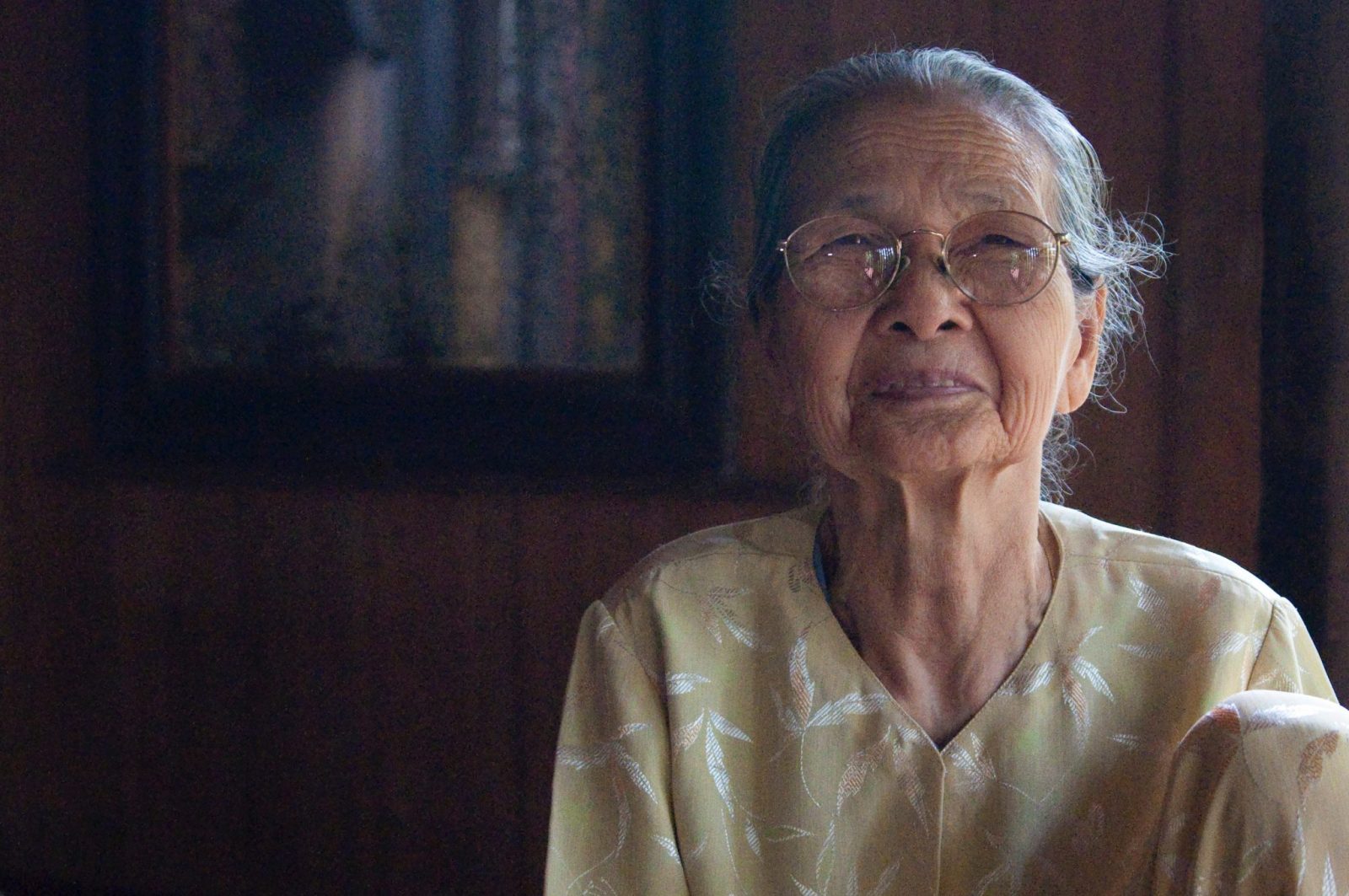Australians are living longer – 80 for men and 84 for women these days – but is it in good health? A Global Burden of Disease study calculates that once you factor in poor health to discount the quality of life in later years, the “health adjusted life expectancy” reduces to 69 for men and 72 for women. So whilst we’re living longer (5.5 years longer since 1990), a good portion of this extension is in poor health.
The common challenges when we age include inadequate diet (92%), being overweight (72%), insufficient activity (65%), stress (52%), high blood pressure (47%) and isolation (37%). Medical conditions prevalent in seniors include cancer (28%), heart disease (25%) and dementia, lung disease, diabetes and arthritis to a lesser extent.
Healthy ageing is going to be a big focus as the baby boomer population enters retirement and become our senior citizens. Evidence-based tips for when we all get older include:
- Get regular, detailed health assessments to assess risk of dementia, falls, immunisation and infections, continence, oral health, hearing and vision.
- Address all modifiable lifestyle factors such as physical activity, diet, risk of obesity, tobacco, alcohol, salt, and control of blood glucose and blood pressure
- Review medications and medical treatments regularly, especially if there are many
- Screen for any mental health stress, and take active measures to reduce loneliness (which directly impacts sleep quality, cognitive decline, heart and brain disease). Relax and take up activities like yoga and meditation
- Optimise diet, including fibre, anti-oxidants, calcium, coffee and vitamin D (if you don’t get enough sun). Certain diets like the Mediterranean and DASH are better than the typical Western equivalent
- Exercise, exercise and exercise
- And mental activities, crosswords, card games, reading are all good too.
At Osana, ageing well is a core focus – come chat to us about how we can improve your quality of life, promote independence and manage chronic health conditions effectively.
References:
- https://mspgh.unimelb.edu.au/research-groups/global-burden-of-disease-group/global-burden-of-disease-study
- https://www.aihw.gov.au/reports/older-people/older-australia-at-a-glance/contents/healthy-ageing/behavioural-risk-factors
- https://www.racgp.org.au/afp/2017/januaryfebruary/healthy-ageing/
- https://nationalseniors.com.au/research/health-and-aged-care/healthy-ageing-the-state-of-the-evidence-and-available-resources
